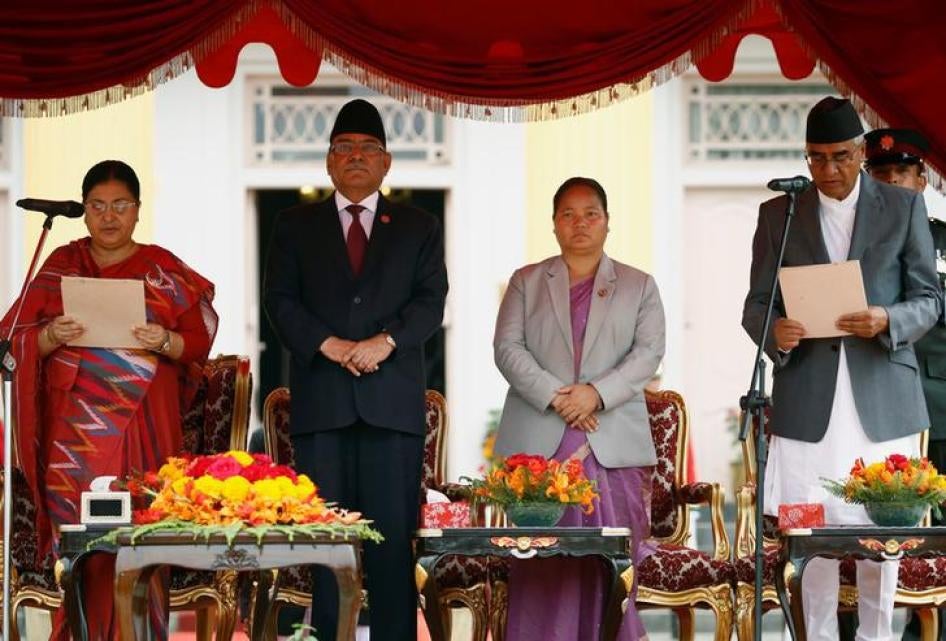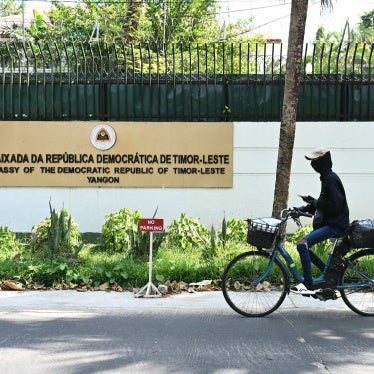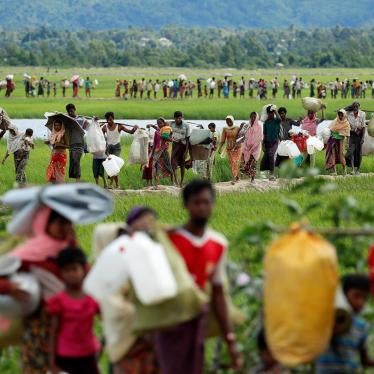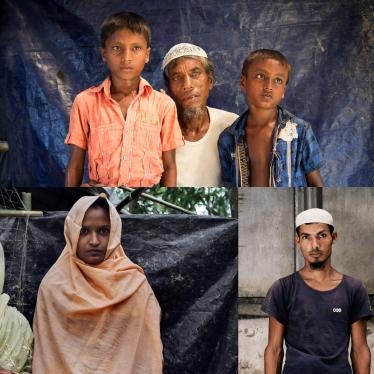The office of the Truth and Reconciliation Commission in Nepal is located next to the peace and reconstruction ministry. The message and optics seem appropriate: to achieve lasting peace after a decade-long brutal conflict, truth and accountability is key. The decade-long war with Maoists in Nepal ended in 2006 with a peace agreement between political parties that also committed to truth and reconciliation. That promise has evaporated in the decade that followed, regardless of the political party in power.
Unfortunately, the commitment to justice appears to end with setting up an office, and arranging photo-ops with dignitaries.
Even as a new prime minister takes office in Kathmandu, there is little indication of political will to ensure justice. The commission falls short of Supreme Court orders setting out its powers. Diplomats say that while there is interest in supporting a transitional justice process in Nepal, it can only be one that meets international standards. Even the conflict’s victims are not quite sure what they can hope for.
In 2002, Suman Adhikari’s father, a school headmaster who refused to submit to extortion, was picked up by Maoist fighters in front of his students, then stabbed, shot, his body left hanging from a tree. Adhikari is now part of a victim group seeking justice and says they have waited long enough for the truth commission. Now they are disappointed. “The TRC Act is faulty, the process is faulty. We don’t trust the commission, but we have filed petitions to test it. What choice do we have?”
The key to changing this situation is international pressure, particularly from the US, UK and India, to ensure that he and other victims have a chance to receive answers.
None of the political parties—including the Maoists, and the military—have responded to police complaints or court orders seeking investigations and prosecutions. Even in cases where courts have ordered arrests or convicted people, the accused have refused to submit. The political leadership often refers to war time cases as “politically motivated” cases which should be handled by the TRC instead. The law specifically recommends amnesty in contravention of international practice.
In April 2017, the Supreme Court ordered the inspector general of Nepal Police to arrest Maoist leader Bal Krishna Dhungel, who was convicted for murder by a district court in 2004. Although the ruling was confirmed by the Supreme Court in 2010, Dhungel, a member of parliament, has evaded arrest thanks to political protection. While the Supreme Court says the failure to arrest Dhungel can be treated as contempt, Maoist leaders insist that the murder should be treated as “a political case” and handled by the TRC, not the courts.
The military too, routinely ignores the court, refusing to produce suspects before judges, or ensure that those convicted are arrested. On April 16, 2017, the Kavre district court sentenced three officers to life imprisonment for the murder of Maina Sunuwar, a 15-year-old girl who was tortured to death in army custody in February 2004. The trial took place in the absence of any of the four accused, despite repeated court summons. An arrest warrant issued in 2008 was never enforced by Nepali authorities, with the police telling the court they were unable to trace the accused. The three officers convicted are no longer in the army and are believed to have fled abroad.
Political leaders seldom cover up their lack of interest in justice. The new prime minister, Sher Bahadur Deuba, who was also prime minister for some time during the conflict, has said that state security forces cannot be punished for human rights violations that occurred during the decade-long insurgency.The usual refrain, echoed by a TRC member to Human Rights Watch: “If perpetrators are to be prosecuted, how can there be reconciliation?”
This is often a popular argument against conflict-related accountability anywhere in the world: that abuses occur during war, but once there is peace, those violations should be accepted as a tragedy, but set aside to focus on future peace.
But time and experience have proven that without justice, peace efforts stumble. The government of Nepal and the international community, particularly the Office of the High Commissioner for Human Rights, have a clear responsibility and should support victims and civil society efforts to ensure justice, including with offers for technical support to victims.
Nepal’s international partners cannot allow conflict-related abuses to be swept under the carpet, and nor should they condone any further delays. But that can only happen if the laws are amended as ordered by the Supreme Court. These standards are set out succinctly in a technical note issued by the UN.
Inside the TRC office, in rows of steel cupboards, are the nearly 59,000 petitions from conflict victims. In addition, the disappearances commission has received another 3000 complaints. These families deserve answers and justice, without further delay.










